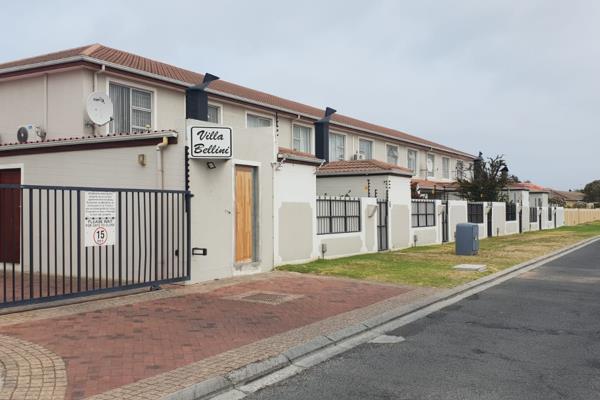411
Western Cape Leads South Africa with a 68.5% Surge in Rental Prices Over 10 Years

Over the past decade, rental prices across South Africa have seen a significant uptick, with the Western Cape experiencing the most dramatic increases. According to data from PayProp Rental Indexes spanning from Q4 2014 to Q4 2024, the national average rent has risen by nearly 46%, with the Western Cape leading the pack at a staggering 68.5% increase.
National Trends in Rental Prices
In 2014, the national average rent stood at R6,207. By 2024, this figure had climbed to R9,051, marking a 45.8% increase over ten years. This translates to an average annual growth rate of around 4.6%, slightly outpacing South Africa’s average inflation rate over the same period. This consistent upward trend has placed increasing pressure on tenants, with affordability becoming a growing concern in several regions.
Provincial Breakdown
While all provinces saw a surge in rental costs, some experienced sharper increases than others. Here’s a look at the highest provincial increases over the past decade:
- Western Cape: 68.5% increase (R6,609 → R11,141)
- North West: 52.4% increase (R4,460 → R6,798)
- Free State: 51.5% increase (R4,764 → R7,216)
- Eastern Cape: 46.5% increase (R4,981 → R7,297)
- Northern Cape: 44.6% increase (R6,680 → R9,657)
The Western Cape experienced the most significant absolute increase, with average rental prices rising by R4,532 per month. This surge has made it the most expensive province for renters since 2016, currently 23% above the national average.
Factors Driving the Western Cape’s Rental Surge
Several factors contribute to the Western Cape’s soaring rental prices:
- Lifestyle Appeal and Economic Opportunities: The province’s popularity, driven by its lifestyle appeal and economic opportunities, continues to push rental prices upward, particularly in Cape Town.
- Short-Term Rentals: The thriving short-term rental sector on platforms like Airbnb and Booking.com has inflated long-term rental prices, making it difficult for locals to compete.
- Tourism Gentrification: The influx of tourists staying in short-term rentals has led to rising property values and living costs, pricing out local residents.
- Housing Supply Constraints: Increasing housing demand coupled with a slower increase in new housing supply has further exacerbated the situation.
Unexpected Increases in Other Provinces
The North West and Free State also saw unexpectedly high increases, suggesting growing demand in these traditionally lower-cost regions. Meanwhile, Mpumalanga recorded the slowest rental growth, with only a 24.5% increase over ten years, going from the most to the fifth most expensive province for rent over the decade.
Gauteng’s Rental Market
Gauteng, South Africa’s economic powerhouse, recorded a 37.4% increase, which is lower than the national average. In 2014, Gauteng had among the highest rental costs, but by 2024, the Western Cape had surged ahead.
Looking Ahead
As rental prices continue to climb, affordability will remain a key issue for many South Africans. With economic uncertainty and housing shortages in some areas, the next decade could see further shifts in the rental market, making it crucial for both policymakers and renters to adapt.
The Western Cape’s rental market has undergone significant changes over the past decade, driven by a combination of lifestyle appeal, economic opportunities, and the impact of short-term rentals. As the province continues to attract both local and international interest, the challenge will be to balance growth with affordability, ensuring that all residents can access safe and secure housing.
Follow Joburg ETC on Facebook, Twitter , TikTok and Instagram
For more News in Johannesburg, visit joburgetc.com

























